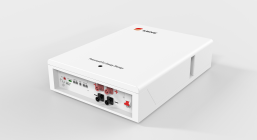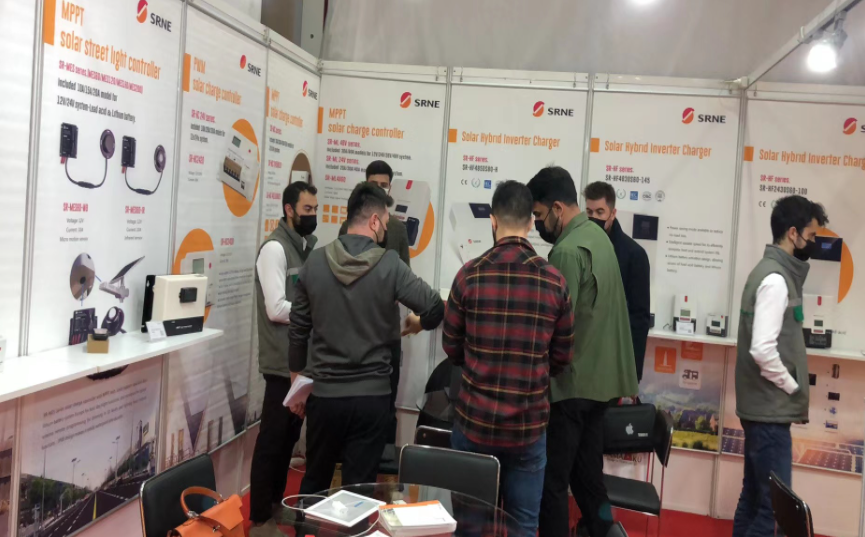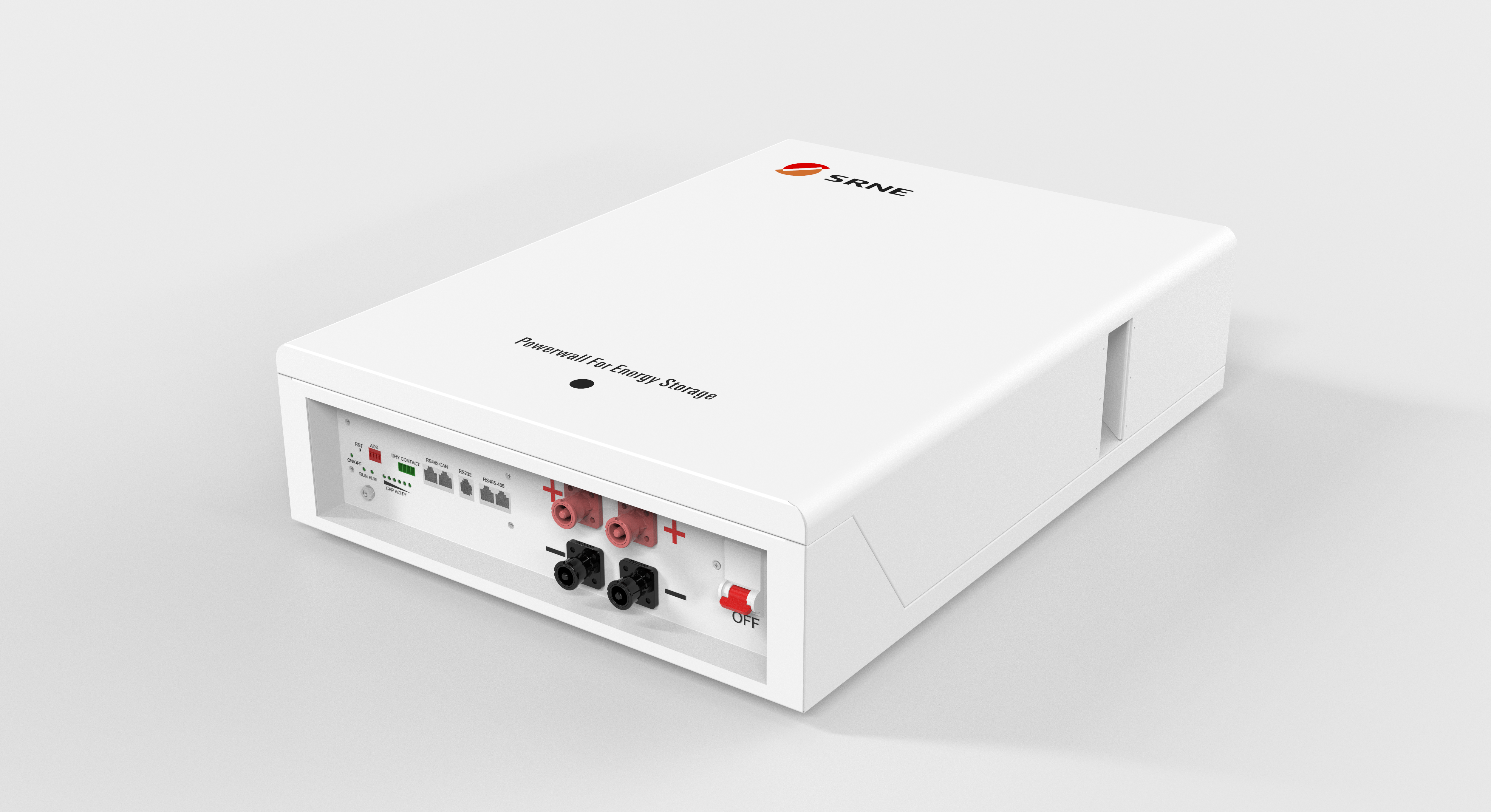- About Solar Energy Storage
Solar energy is becoming increasingly popular as more and more people become aware of the economic and environmental benefits of renewable energy. But there’s been a limitation—solar panels only provide energy during the day and you still pay for electricity from the grid at night, or when atmospheric conditions mean you cannot generate all the energy you need. The energy you produce but don’t use goes back to the grid. With solar batteries, you’re able to store the energy generated by your solar panels and the battery will then distribute it at the end of the day, when the sun’s gone down and it is peak time for electricity use.
- How do solar batteries work?
They take in the DC power that originates at your solar panels and store it for when you need it. When you’re ready, the inverter turns it into usable AC electricity. Solar batteries are essentially a means of storing the power generated by your solar panels for later use when the sun isn’t shining.
- What are the benefits of solar battery storage?
Reduce your carbon footprint: By shifting your excess solar generation to peak periods, you’re reducing your carbon emissions and the demand on the electric grid, putting us closer to our goal of reaching less or even zero carbon emissions.
Backup Power: In the event of a power outage, battery storage systems can provide power and reliability. Unlike backup generators, battery storage can power critical appliances like your refrigerator.
Reduce your electricity bill: A battery storage system lets you store excess solar energy generated during the day. You can use this excess energy during peak hours, when electricity is most expensive.
- Applications – What Energy Storage Can Do
Battery energy storage systems have a wide range of applications. Commercial applications include peak shaving, load shifting, emergency backup, and various grid services. Residential applications include self-consumption, off-grid homes, and emergency backup.
Off Grid — Batteries are necessary for a solar-powered off-grid home. Modern battery energy storage systems far exceed the capabilities of the marine lead-acid batteries used by pioneering solar DIYers in decades past. Modern systems are easier to install, easier to configure, more scalable, much cheaper per kWh of storage, and far safer.
Emergency Backup — Battery energy storage provides the peace of mind that comes with keeping the power on during an outage. Energy storage works with or without solar and is a safe and seamless alternative to small generators.
In conclusion, solar energy and storage technologies are the ultimate, powerful combination for the goal of independent, self-serving power production and consumption throughout days, nights and bad weather

 中文
中文 English
English Español
Español Français
Français











